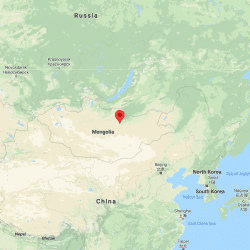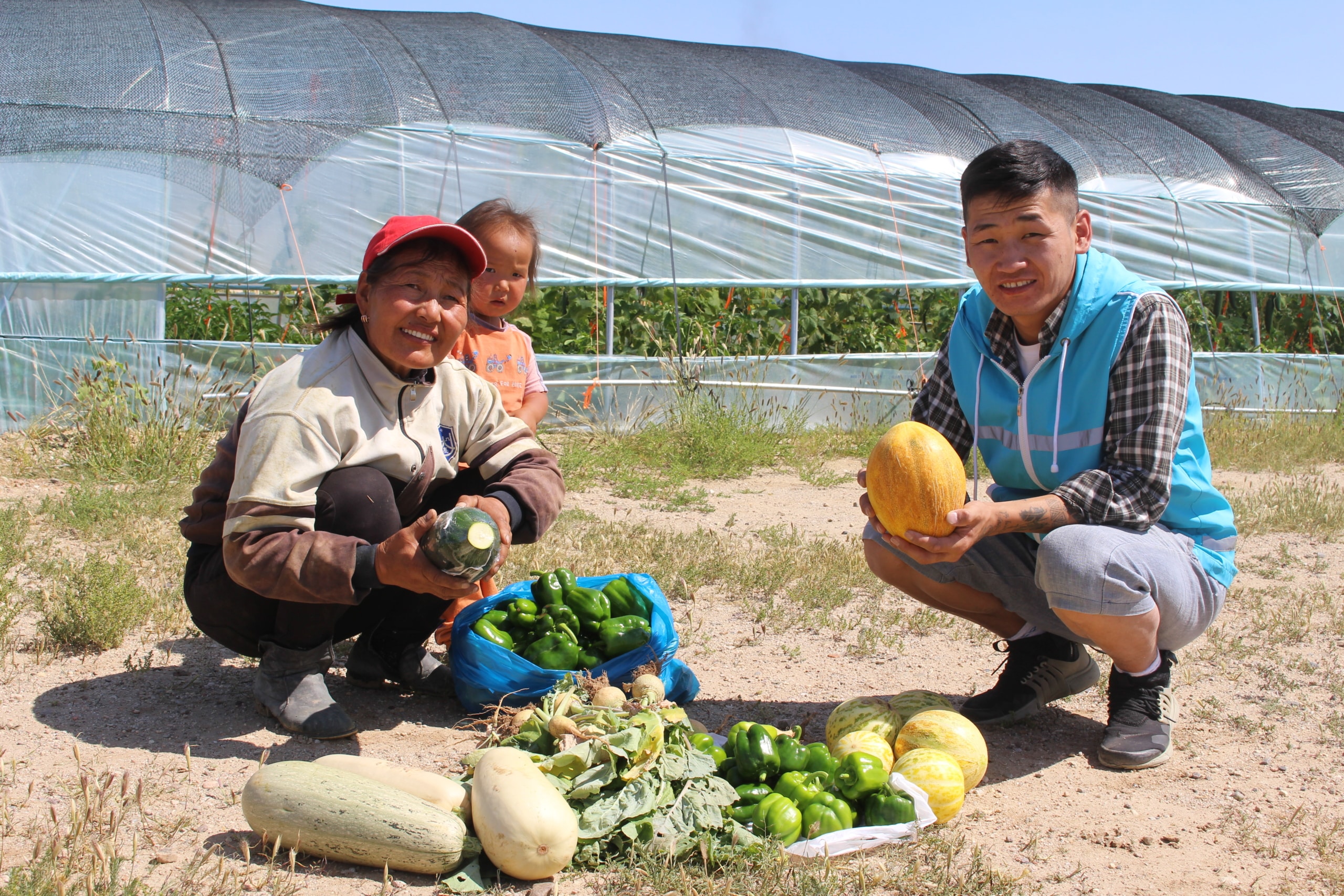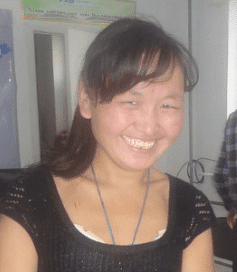Context
Mongolia is a landlocked country between Russia in the north and China in the south, with particularly difficult climate conditions. In the winter, the temperature can drop to minus 40°C in some areas, while in the summer, the heat can be unbearable, exceeding 40°C.
Almost half of the country’s population – 3 million people – live in the capital. Rural-urban migration is a major problem in Mongolia, generating entire neighborhoods made out of yurts on the outskirts of Oulan-Bator. Unfortunately, migrants have very few job opportunities and live in extremely precarious sanitary conditions.
According to the Mongolian National Statistics Office, in 2018, 29.6% of Mongolians were poor according to the national poverty line. An additional 15% of the total population is just above the national poverty line, at risk of falling into poverty in the event of unforeseen shocks, such as COVID-19, which has resulted in successive periods of containment since 2020. Seven out of ten poor people did not have access to any of the basic infrastructure services (improved drinking water, sanitation, or a sustainable heat source).
Our action
Coordination and implementation: FXB International
Financial partners: Badrakh Energy CSR, Eurofins Foundation and Magic Libraries Foundation.
BREAKING THE VICIOUS CYCLE OF POVERTY
Lack of economic opportunities, adverse weather conditions, disease, drop-out, poor housing… the poorest people in Dornogovi face a variety of complex challenges.
THE STRENGTH OF OUR APPROACH : ADDRESSING THE MULTIPLE CAUSES OF EXTREME POVERTY
Addressing the issue of income is not enough! Tackling only one of poverty’s causes, through partial aid, is an insufficient solution to sustainably overcome it.
Our Economic and Community Development FXBVillage Model allows us to provide, in three years, a complete response to the fundamental causes of poverty by simultaneously acting on 4 predominant factors.
The fundamental pillar of our model is economic strengthening. Its main innovation is the donation of seed capital—in lieu of loans—thus allowing families to achieve economic autonomy. Families are also given training in business management and financial literacy, enabling them to start income-generating activities (microenterprises) and gradually earn enough money to meet their daily needs, facilitate their financial inclusion, and continue to prosper after the program ends. Along with economic strengthening, FXB ensures that every family member of the supported families can significantly improve their quality of life through 3 other axes
For FXB, combating poverty also means fighting against all forms of discrimination, particularly gender discrimination, in order to balance relations between men and women so that the latter, who are more exposed to poverty, can access the same economic and social opportunities.
Furthermore, an after-school education, life skills development and fixed and mobile library project was set up in 2023 to reduce the consequences of two years of school drop-out and isolation due to the Covid-19 pandemic.


